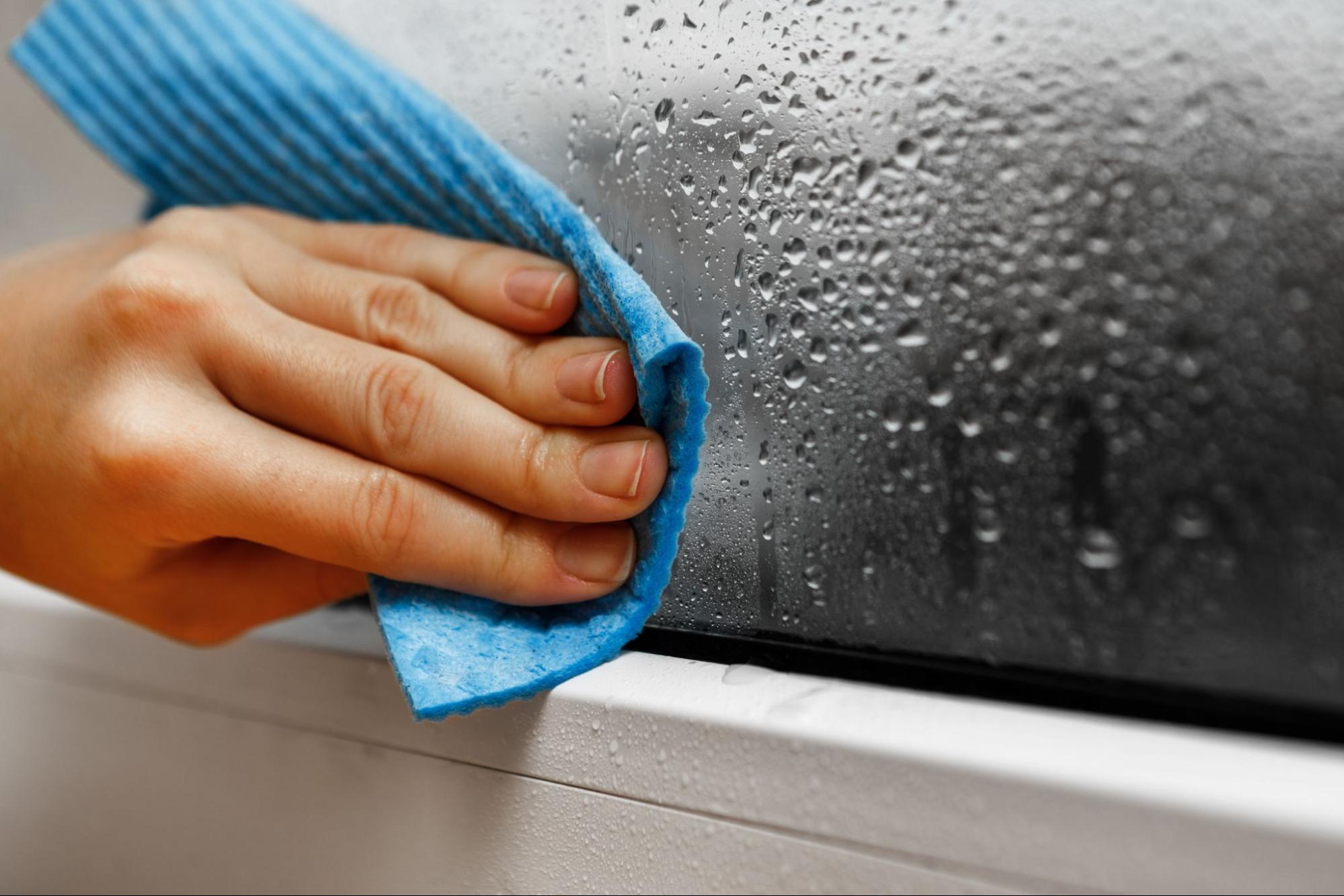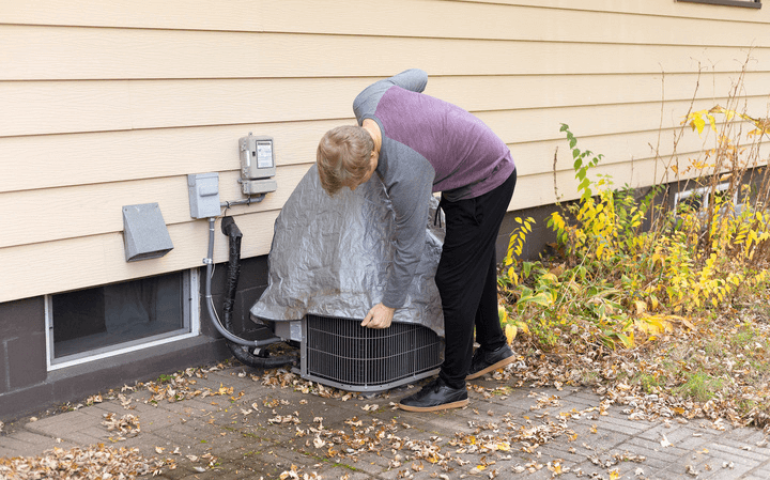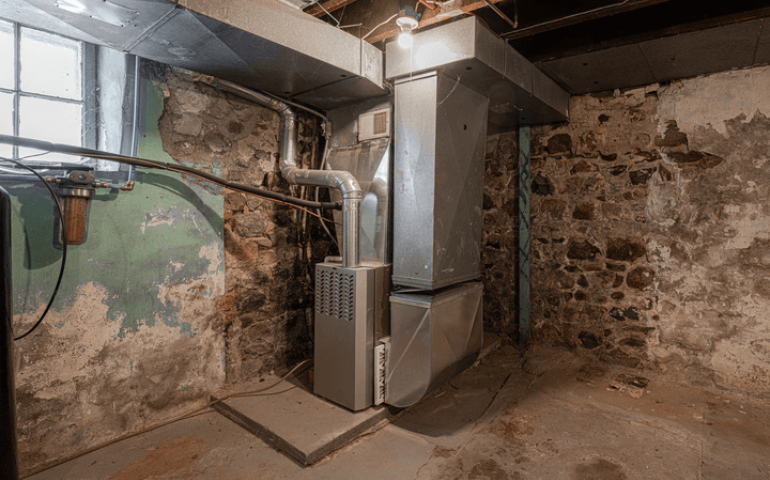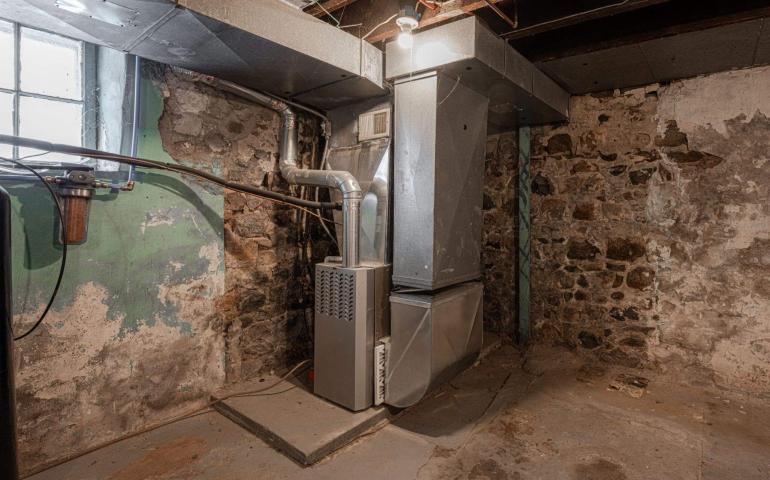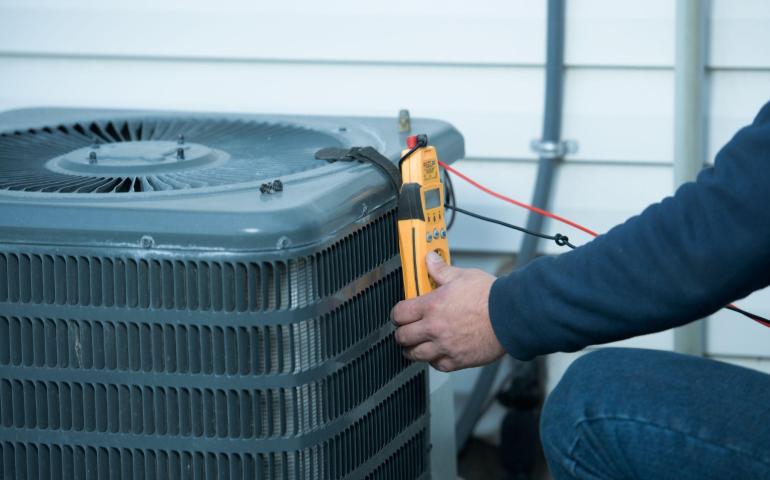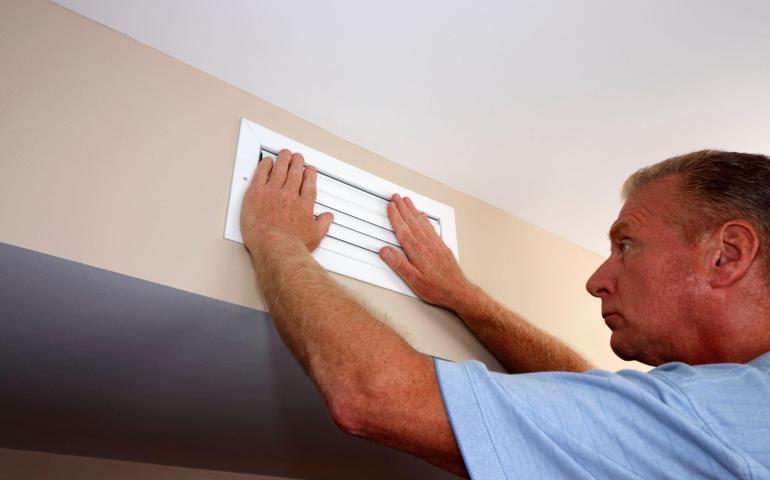When you think about being comfortable at home, the first thing that comes to mind is the temperature. However, humidity is another factor that affects your indoor comfort. Humidity can be too high or too low.
It can affect how your HVAC system works and how you feel at home, so it’s important to maintain a good balance.
What are the Ideal Humidity Levels?
Humidity is the amount of moisture in the air. The ideal indoor humidity level is typically between 30% and 50%. Keeping your home within this range helps your HVAC system operate efficiently and keep your home comfortable.
When humidity falls outside that range, this can lead to both problems with your system and your health.
How High Humidity Affects Your HVAC System
With high humidity, the air will feel warmer than it actually is. This tricks your thermostat into thinking it needs to continue cooling, so your air conditioner runs longer and harder. Over time, this can lead to:
- Increased energy consumption and utility bills
- Excess wear and tear on your AC
- Moisture buildup in your ductwork or around the evaporator coils
- Mold growth and corrosion inside your system
This is one of the most common ways humidity affects HVAC efficiency. Your system works overtime, but your home still feels sticky and uncomfortable. Poor humidity control can lead to lingering moisture issues, affecting indoor air quality.
How Low Humidity Affects Your HVAC System
Many people think humidity issues only happen in summer. However, the dry air in winter can also cause problems.
Low humidity is most common during winter or in dry climates. It can cause ductwork and seals to dry out and crack, leading to air leaks. Dry air can also cause static electricity, crack wooden furniture, and damage flooring. It also speeds up wear on your HVAC system’s parts and leads to early repairs.
Your furnace or heat pump may struggle to maintain a warm, comfortable temperature. Since dry air feels cooler, you might feel tempted to turn up the thermostat, which uses more energy.
The Health Effects of Improper Humidity
The health effects of high humidity can be serious, especially for those with respiratory conditions, allergies, or asthma. Too much moisture in the air creates the perfect environment for mold, mildew, and dust mites. It can also lead to musty odors, eye irritation, and general discomfort.
On the other hand, low humidity can dry out your skin, irritate your throat and nasal passages, and make cold symptoms feel worse. It can also increase your risk of respiratory infections.
Both low and high indoor humidity can affect your well-being. This is especially true for children, older adults, and those with health issues.
How to Control Humidity in Your Home
Maintaining a proper humidity balance helps your HVAC system extend its lifespan while keeping your home healthy and comfortable. Luckily, there are many ways to manage your home's humidity. This keeps you comfortable and protects your HVAC system.
- Install a whole-home humidifier or dehumidifier that works with your HVAC system.
- Use exhaust fans in moisture-prone areas like kitchens, bathrooms, and laundry rooms.
- Seal air leaks around windows, doors, and ductwork to prevent moisture exchange.
- Replace air filters regularly and ensure airflow isn’t restricted.
- Monitor humidity levels using a smart thermostat with humidity tracking.
Manage Your Home’s Humidity with Master Mechanical
At Master Mechanical, we believe that heating and cooling are just one piece of the puzzle. The other piece is air quality, and humidity plays a central role. It’s easy to see why it shouldn’t be ignored. From higher energy costs to respiratory issues, humidity can sneak up on your home and your body.
Our team can evaluate your home’s HVAC to recommend the best solutions, whether that means system upgrades, maintenance, or adding humidity control equipment. Contact Master Mechanical today for expert advice, HVAC maintenance, and air quality solutions that help you breathe easier.

